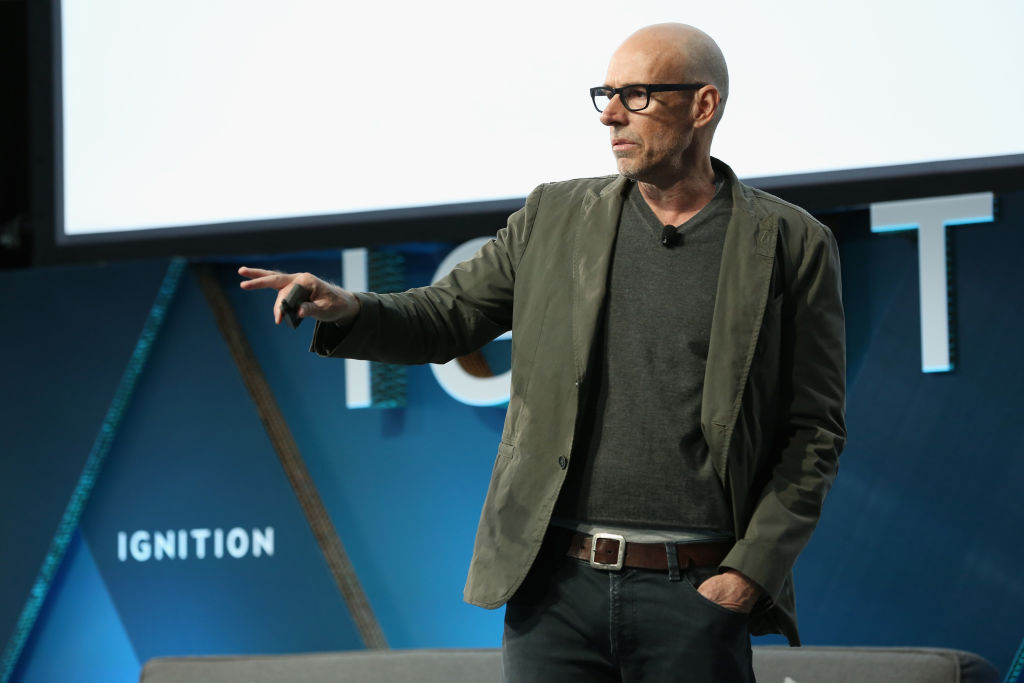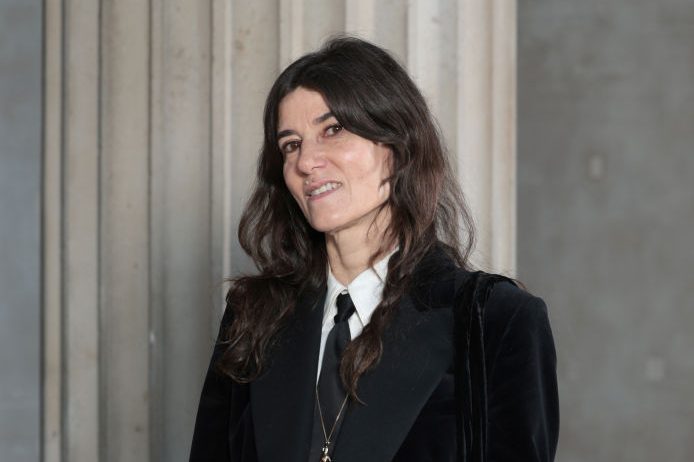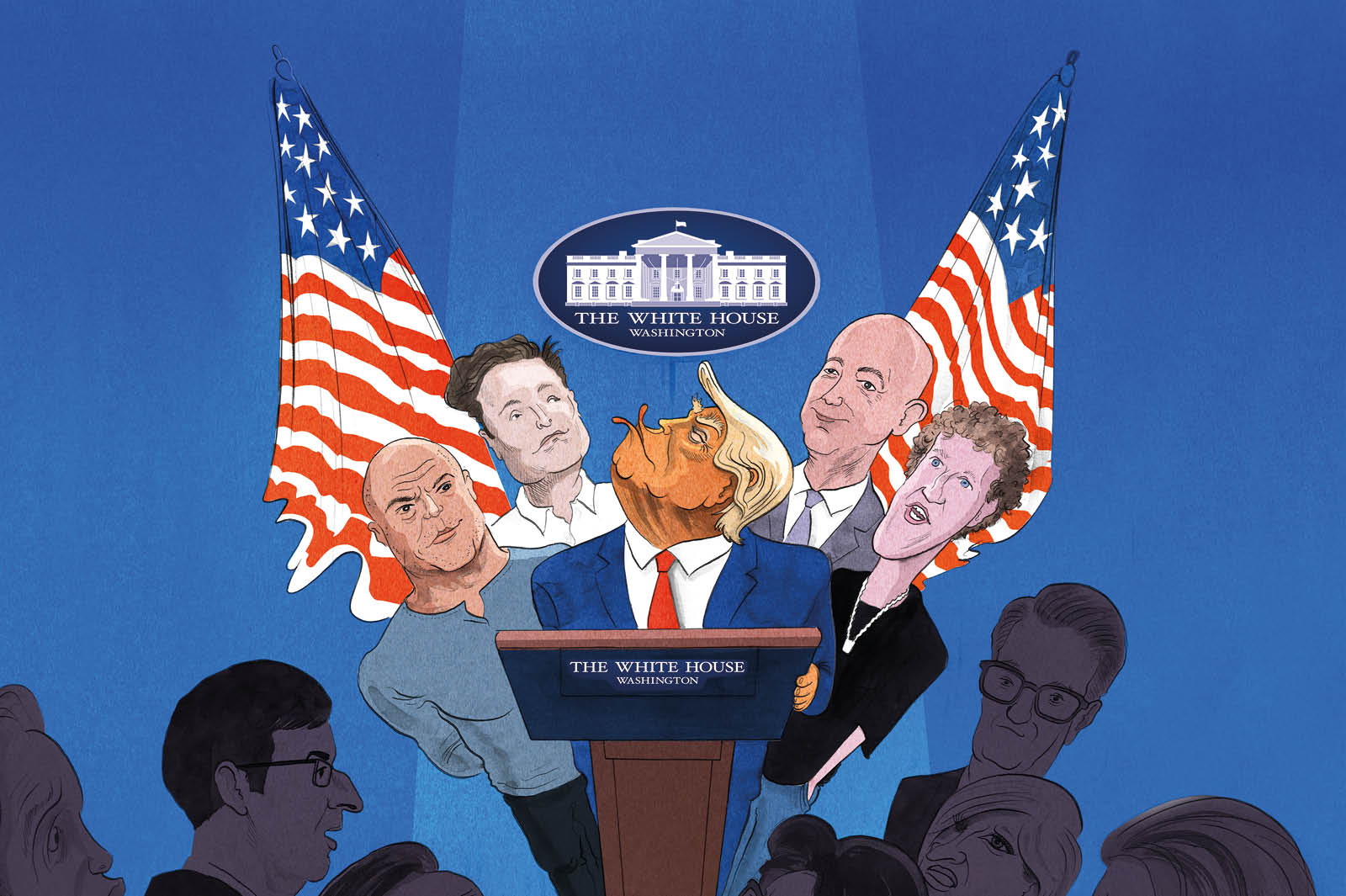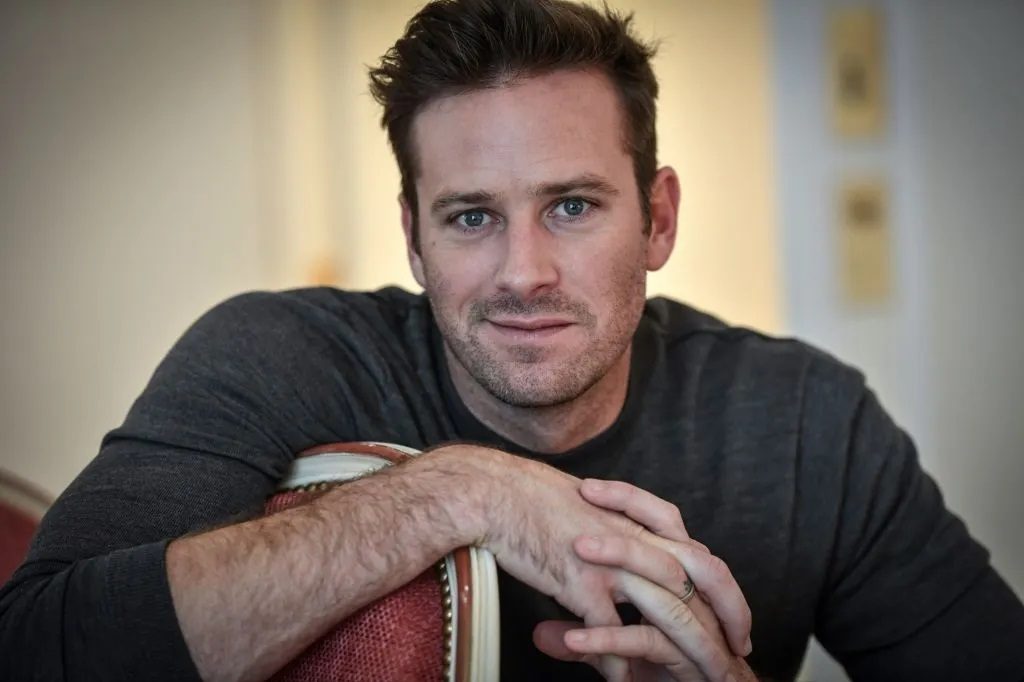My partner has taken to calling his favorite podcast host ‘Dad’. ‘Can I put Dad on?’ he asks when we get into the car. I’ve fallen into the habit too. ‘Does your dad have a new episode today?’ I don’t know how much he actually agrees with Dad — Scott Galloway, the NYU professor and business expert whose podcast properties include Pivot with Kara Swisher and The Prof G Pod — as he is yet to invest in Galloway-approved stocks or repeat Dad’s opinions as his own.
I also don’t think he aspires to be like Galloway, with his clearly nonexistent work-life balance and tragic dad jokes. I think there’s just something about Dad’s voice, deep, rocky and professorial, that makes you assume he has authority — like someone is in control, knows what’s going on and can sense of the chaos.
Podcasts are often intimate experiences involving headphones, subterranean commutes and escaping your physical surroundings. They are the perfect environment to create parasocial connections: we mistake the imaginary friends in our ears for our real friends. One-sided emotional bonds are created by voices, banter and jokes, and you find yourself with a strange affinity for certain hosts, despite their lack of intellectual prowess or linguistic fluency.
Lacking the foundation for an imaginary relationship with Galloway, I find him a bit of a bore. He seems like one of those experts who only knows his own bubble but feels free to speak on subjects of which he knows very little. Like his recent comments about the GameStop investors needing girlfriends, sounding like a throwback to the 2014 incel discourse, which has already been thoroughly hashed out and rejected for assuming it is women’s job to civilize violent or antisocial men through romantic relationships. Galloway might understand airline bailouts and tech bubbles, but any time he speaks of the lived reality of anyone who isn’t flying business class, he sounds like a fool. While my partner is willing to overlook that and just laugh at his jokes, I find myself frequently snapping back at the disembodied voice coming through the car speakers.
But I have my own parasocial affinities, which lead me also to ignore questionable material because I like the auditory experience. Once Avery Trufelman took over as host of the Cut’s weekly podcast, I started tuning in much more regularly. The quality of the show has not changed, the topics covered are mostly the same, and yet I now just find myself more drawn to it on my Spotify account. ‘What is Avery up to this week?’ I think, not fully grasping that that is a weird thing to wonder.
I think it’s her voice. There are plenty of really good shows that I just don’t listen to because of an aversion to a voice or the way it expresses ideas. I have tried to listen to Melvyn Bragg’s historically-minded radio show In Our Time, but he always makes me feel like I’m in a classroom. Not in a stimulating, sexy undergrad kind of way: in an elementary school, longing-for-recess kind of way. But there is something about Trufelman’s femme fatale voice, with its open expressiveness, that I respond to and have followed through her various podcasts.
The Cut is ‘women’s media’. Despite the constant reinvention, reconfiguration and reexamination of the point and purpose of women’s media, there is always something deeply cringe about it. Whether we’re shaming ourselves or expressing ‘radical self-acceptance’, there is still so much chatter about our weight. Despite constant critiques of the whole idea of the ‘Girlboss’, we still gush over the latest 25-year-old building an empire out of selfies and ethically-sourced lip gloss. Oh my God, how does she do it? (The answer is always inherited wealth, guys.)
I’m playing a game on my phone as I listen. I’m blocking out the real world to live in a space where it is just me and Avery Trufelman, and yes, she’s talking about whether or not she wants to have a baby, but somehow I am soothed. But just as I’m getting used to this routine, Avery announces she’s leaving the Cut. I can only hope she moves to another podcast property. The new hosts can’t transcend the excruciating embarrassment of talking about weight management yet again, and I already miss my parasocial friend.
This article was originally published in The Spectator’s September 2021 World edition.

























